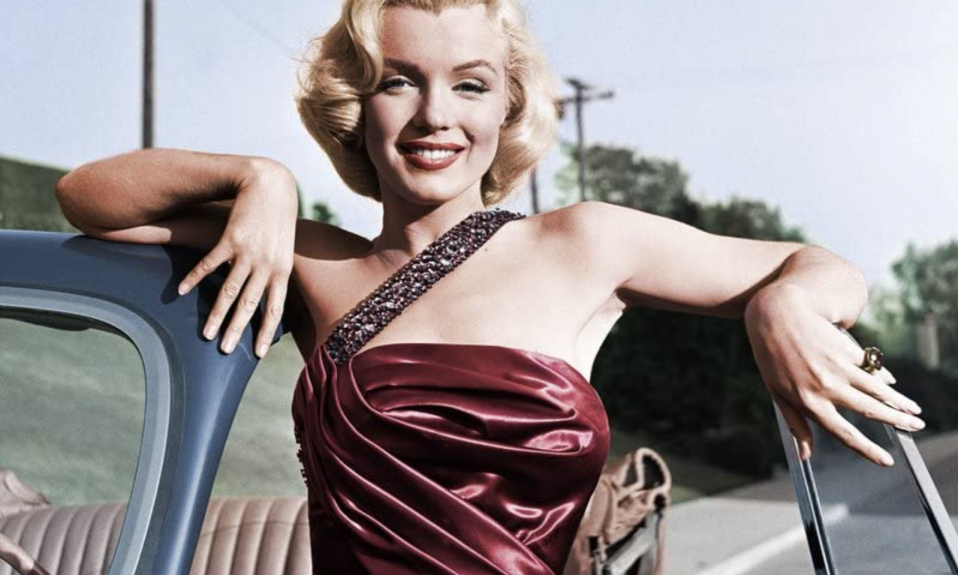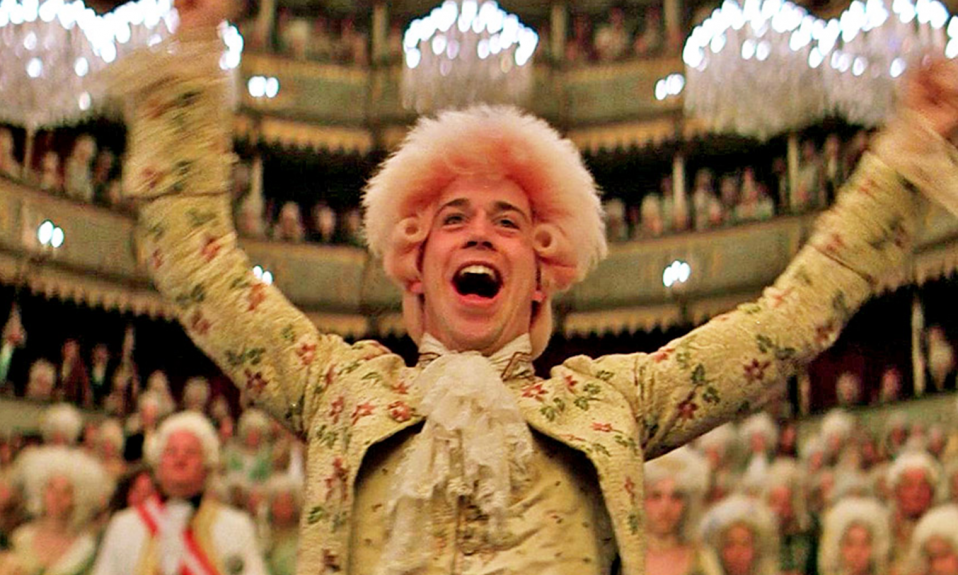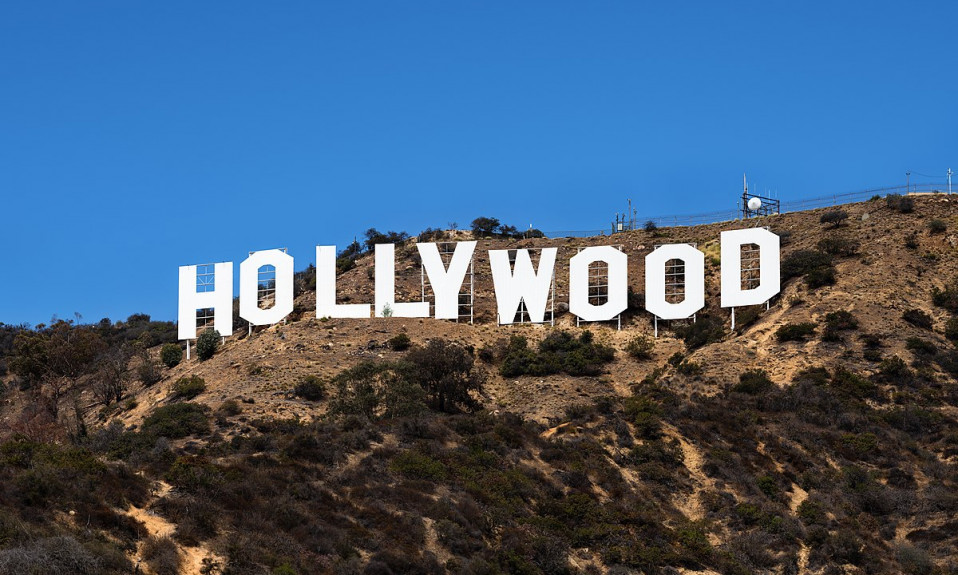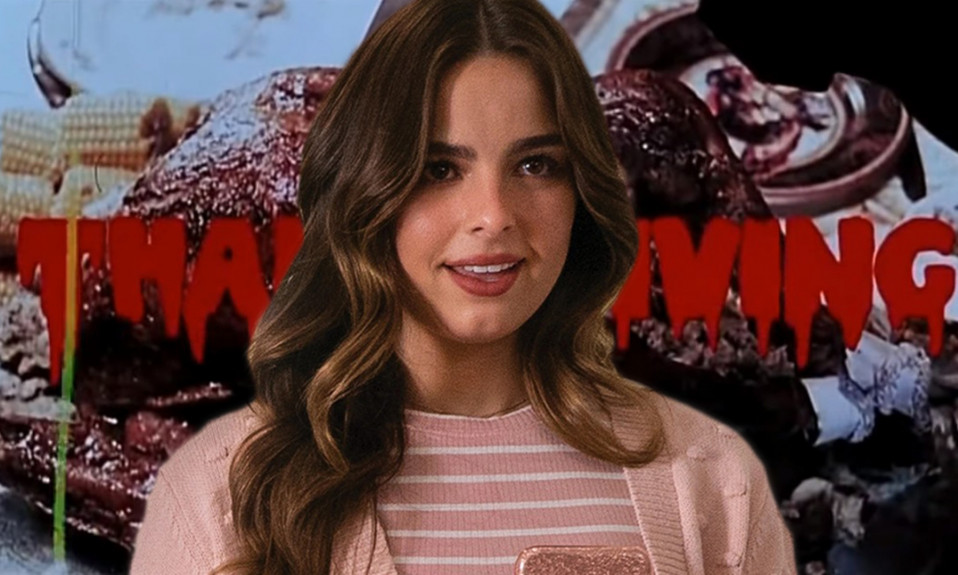Stage names are pseudonyms entertainers choose to separate their public and private lives. While some actors lawfully take their stage names, others use the name professionally. Entertainers often have unique stories about the origins of their stage names.
The History of Stage Names
Stage names were popular in the early days of the film and television industry. Performers wanted to choose names that were memorable, so they would stick in the minds of casting agents and audiences. They chose names that reflected the image they wanted to project. Some performers chose names to hide their nationalities, because they experienced racial and ethnic bias in auditions.
Stage names also extend to theatre actors and musicians. Many of these artists chose stage names for the same reasons as actors. They also craft alter egos to have a distinct medium for their creativity.
Reasons Actors Choose Stage Names
Some actors choose stage names to draw a line between their private and public personas. Since the entertainment industry can be a small world, actors can change their names to separate their talent from family connections. Some entertainment institutions, like the Screen Actors Guild and Equity, have rules that performers may not use the same name.
Actors may choose to adopt a stage name if their given name sounds too similar to another famous person. Similarly, if performers haven common names, they may select a stage name that helps them stand out.
Some entertainers select names that reflect the public image they are trying to create. Performers may select a stage name if their given name is difficult to pronounce, which would give them more marketability. Many actors choose stage names that honor important influences in their lives.
Iconic Examples
There are many iconic examples of entertainers choosing a stage name to craft a public persona.
- Marilyn Monroe was born Norma Jeane Mortensen. This glamorous starlet chose a flashier stage name to reflect her public image.
- Emilio Estevez decided not to use his family’s last name, Sheen. He wanted to separate his talent from his famous family’s name.
- American rapper and comedian, Awkwafina, chose a single stage name that reflected the playful character she wanted to build.
- Old Hollywood actor Rock Hudson was born Leroy Harold Scherer Jr. He picked a stage name that exuded strength and masculinity because he wanted leading roles.
- The Vampire Diaries actress Nina Dobrev shortened her name, Nikolina Kamenova Dobreva, to make it easier to remember. Diane Keaton was born Diane Hall, but had to change her name because another actress had the same name.
Stage Names Allow Actors to Transcend Stereotypes
Stage names allow actors to transcend racial and ethnic stereotypes. In Old Hollywood, stage names allowed actors to get in front of casting agents where they could showcase their talent, instead of being sidelined by prejudice. In the 1930s, Margarita Cansino became starlet Rita Hayworth. The name led to an erasure of her Spanish ethnicity, which helped her secure more roles because of the unfair racial and ethnic prejudice in Hollywood.
Stage names widened the net of opportunities for entertainers who did not want to be put in stereotypical roles. Bruno Mars revealed in a 2013 interview with GQ that he chose his stage name because he did not want to be stereotyped as a Latino singer.
While Hollywood still has a long way to go regarding inclusivity, some actors use their birth names to honour their heritage. In a 2021 interview, Riverdale actor Jordon Connor revealed he chose his stage name because he was stereotyped as an Asian actor in early auditions. He has since embraced his last name Yuen, to honour his Chinese background.
Also Read: Shattering Stereotypes: The Rise of Women in Action Cinema













